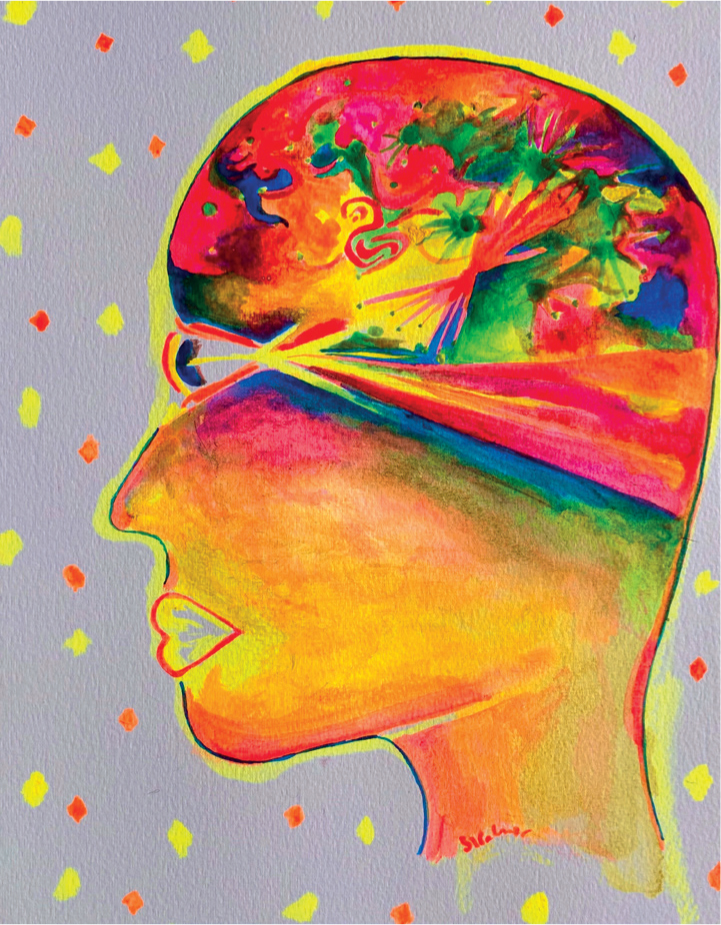The COVID-19 pandemic has brought about a wave of mental health crises worldwide, making clear that in many ways, it is a virus of the mind, as well as of the body.
Paramedics are faced with an unprecedented level of mental health crisis cases and the key is prevention through a system that advocates a proactive approach to mental healthcare, rather than the current reactive system that is so fragmented and disjointed in places that despite its well-intentioned workforce, simply cannot deliver the right service at the right time to vulnerable people who need help.
When a person is left without the help they need, they worsen. The pandemic has ensured these problems with the system have come to the fore, and it is hoped this will lead to change. For now, paramedics are faced with a tough series of potentially distressing cases, likely questioning how each crisis could have been prevented. It is vital that paramedics, with the little time they have, make space for self-compassion in their day-to-day lives.
The World Health Organization (WHO) has released a statement on this topic, noting that the COVID-19 pandemic is highlighting a need to urgently increase investment in mental health services, or risk a massive increase in mental health conditions in the coming months, according to a policy brief on COVID-19 and mental health by the United Nations. Dr Tedros Adhanom Ghebrevesus, Director General of WHO, said:
‘The impact of the pandemic on people's mental health is already extremely concerning. Social isolation, fear of contagion, and loss of family members is compounded by the distress caused by loss of income and often employment.’
The WHO (2020) also highlighted reports of a significant increase in anxiety and depression symptoms in numerous countries, such as a threefold increase in prevalence of depression in Ethiopia in April 2020 since the start of the pandemic.
It is important to be aware of more vulnerable at-risk groups which may be more profoundly affected by COVID-related psychological distress. Frontline healthcare workers, such as paramedics, faced with heavy workloads, life-or-death decisions, and risk of infection, are more likely to be significantly affected (WHO, 2020). In China, where COVID-19 originated, healthcare workers have experienced depression at 50%, anxiety at 45% and insomnia at 34%, while in Canada, 47% of healthcare workers have stated that they need psychological support (WHO 2020).
Children and adolescents are also at risk, partly due to the increased risk of witnessing or suffering violence or abuse at home. Women (and some men) are more significantly at risk having to now juggle home-schooling, working from home and household tasks, while older people and people with pre-existing mental health conditions are significantly at risk of a deterioration (WHO, 2020).
The increase in alcohol consumption is also an area of concern in some societies. According to WHO (2020), Canadian research showed that 20% of 15 to 49-year-olds have increased their alcohol consumption during the pandemic. It is unfortunate that paramedics have to bear the brunt of some disturbing or potentially violent alcohol-related behaviour, but there also is a need to notice if someone is experiencing a mental health crisis in conjunction with or being the root cause of this behaviour.

Mental health facilities in some areas have become COVID-19 facilities, and face-to-face services have ceased while care facilities have been temporarily shut. Community services such as in addictions have been mostly closed down with minimal services moving online. The lack of being with others despite the limited offering of online services is likely to impact on someone's progress. Dr Ghebreyesus stated:
‘It is now crystal clear that mental health needs must be treated as a core element of our response to and recovery from the COVID-19 pandemic. This is a collective responsibility of governments and civil society, with the support of the whole United Nations System. A failure to take people's emotional well-being seriously will lead to long-term social and economic costs to society.’

